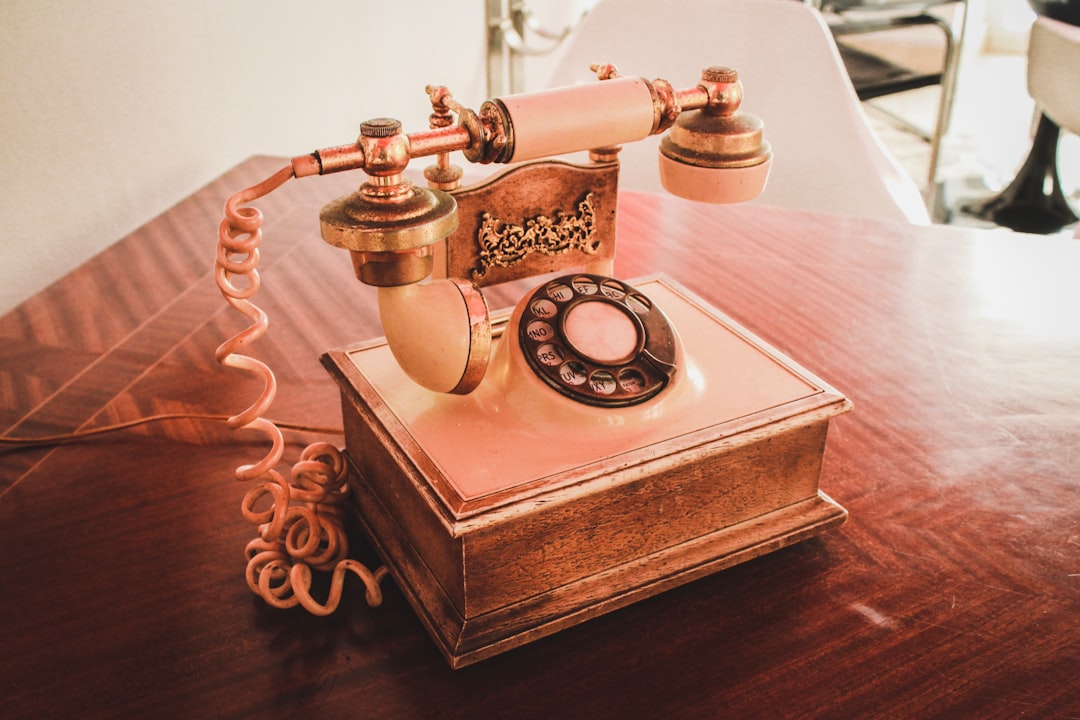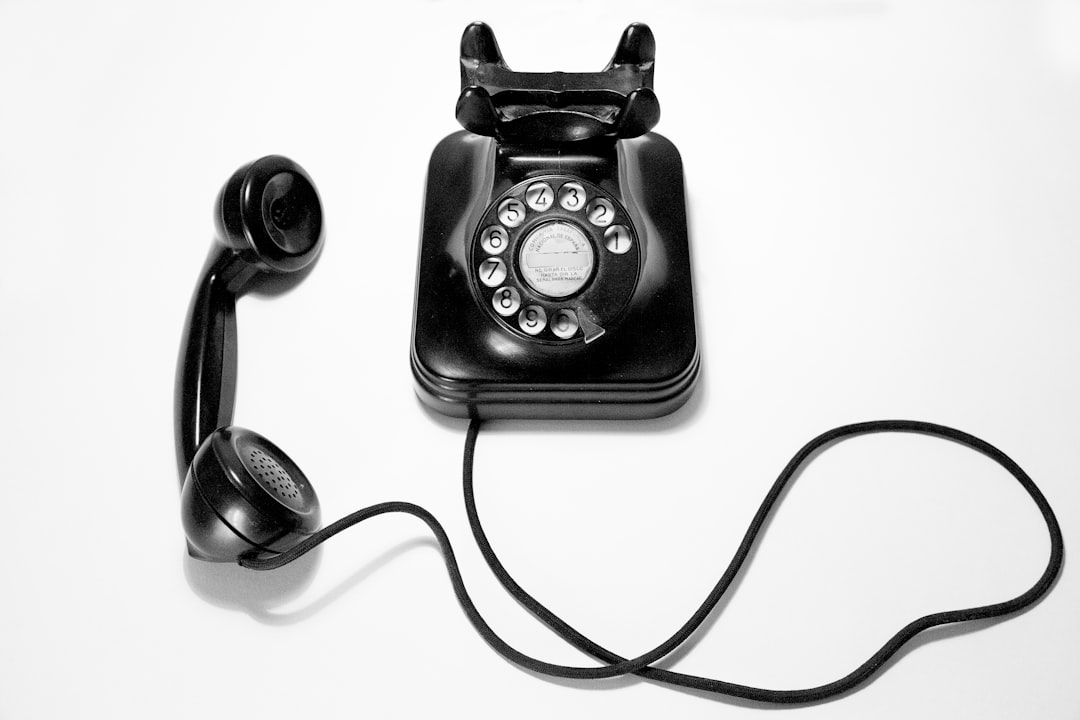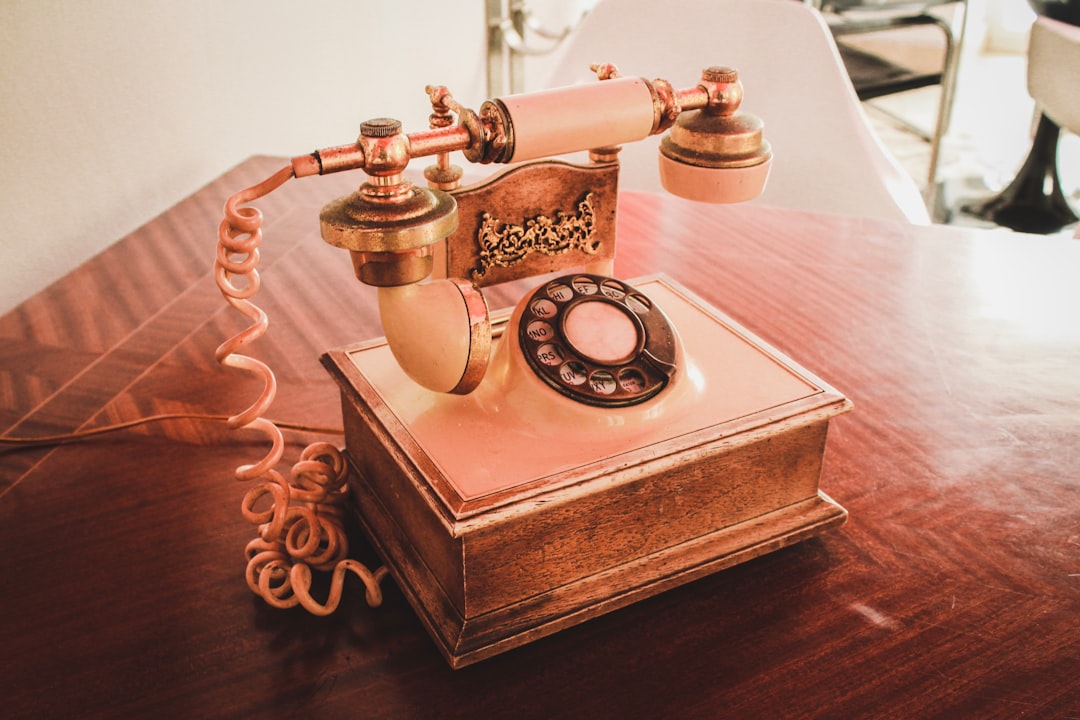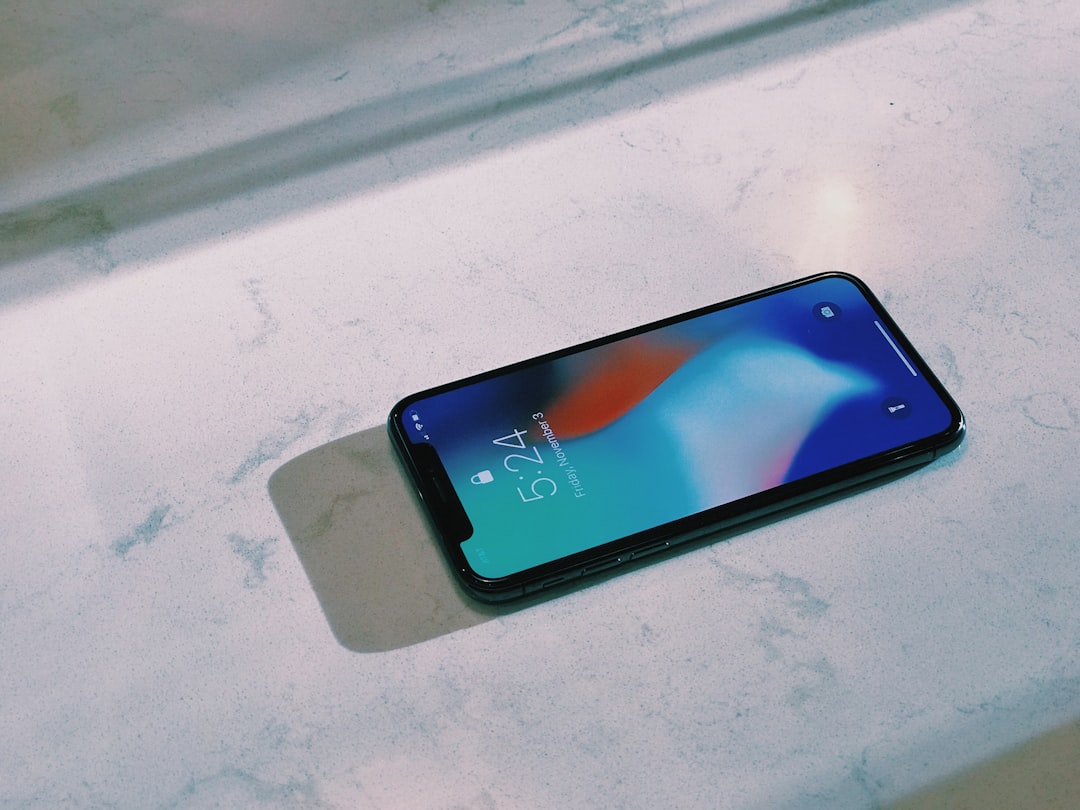The rise of robocalls has become a significant concern in healthcare, especially regarding patient confidentiality. This article explores how Cherokee Mental Health Institute (CMHI) navigates this challenge in Iowa. We delve into the legalities surrounding robocalls and provide an overview for healthcare providers. CMHI’s unique approach to patient confidentiality offers valuable insights. Additionally, we offer strategies and best practices for preventing robocall breaches, empowering healthcare organizations, especially those in Iowa, to protect sensitive data effectively with help from robocall attorneys.
Understanding Robocall Legalities in Iowa: A Overview for Healthcare Providers

In the state of Iowa, the legalities surrounding robocalls, particularly in the healthcare sector, are governed by strict regulations designed to protect patient privacy and confidentiality. Healthcare providers must navigate these laws carefully to avoid potential legal repercussions. Robocall attorneys in Iowa play a crucial role in guiding institutions like Cherokee Mental Health Institute on best practices for initiating automated calls to patients.
These robocalls often serve important purposes, such as appointment reminders, health updates, or surveys. However, they must comply with the Telephone Consumer Protection Act (TCPA) and similar state laws. Non-compliance can lead to substantial fines. Therefore, it’s essential for healthcare providers to understand their rights and responsibilities regarding robocalling, ensuring patient data remains secure and confidential while effectively utilizing this communication method.
Cherokee Mental Health Institute's Approach to Patient Confidentiality

Cherokee Mental Health Institute (CMHI) takes patient confidentiality seriously, especially in light of modern communication methods. With the increasing prevalence of robocalls, CMHI has implemented robust measures to protect sensitive information during automated phone calls. Their approach involves employing advanced call management systems that enable them to filter out unauthorized callers and ensure only approved personnel can access patient data.
Moreover, CMHI’s commitment to confidentiality extends beyond technology. They have strict protocols in place, including regular training for staff on handling patient information securely. This comprehensive strategy ensures that patient privacy is maintained, even when facing the challenges posed by automated robocall technologies, and aligns with the highest standards expected from robocall attorneys in Iowa.
Strategies and Best Practices for Preventing Robocall Breaches in Healthcare

Preventing robocall breaches in healthcare is paramount to safeguarding sensitive patient information. One effective strategy involves implementing robust call screening and monitoring systems that can detect and block unauthorized robocalls. Healthcare institutions should also educate staff on identifying suspicious calls, ensuring they follow strict protocols for handling incoming communications. Regular security audits and employee training sessions dedicated to cybersecurity best practices are essential.
Additionally, healthcare providers in Iowa can partner with robocall attorneys to develop comprehensive legal frameworks that deter fraudulent activities. By staying proactive and adopting advanced technologies for call authentication, organizations can significantly minimize the risk of data breaches. Encouraging patients to report suspicious calls and providing clear guidelines on sharing personal information further bolsters these prevention measures.






